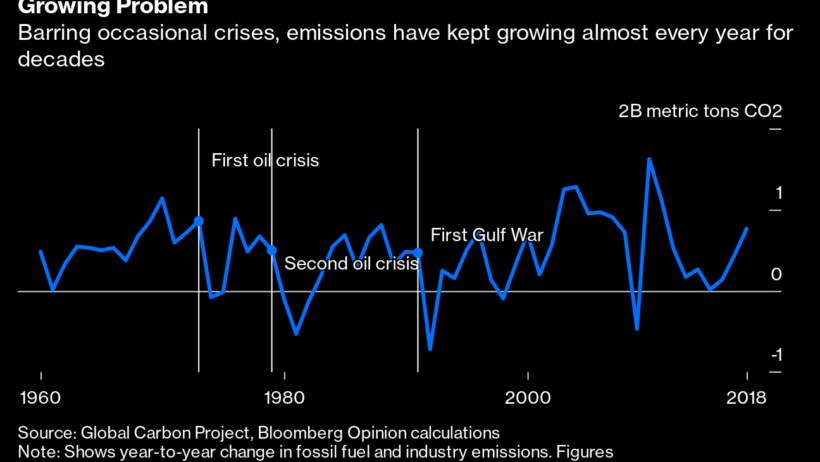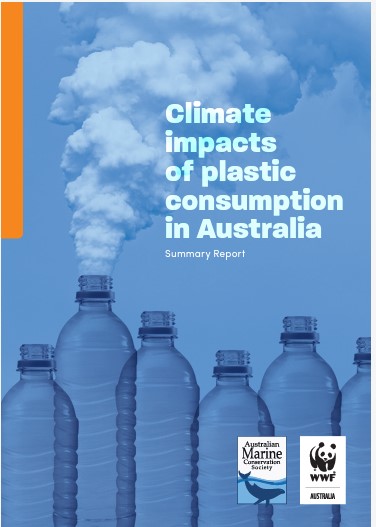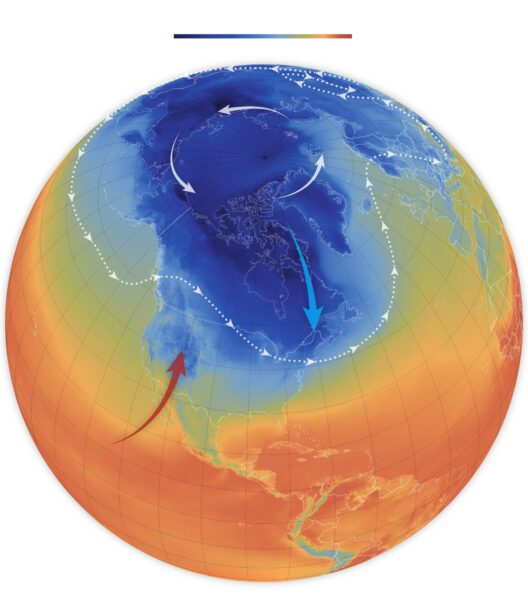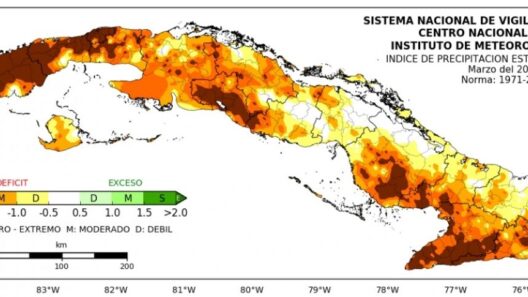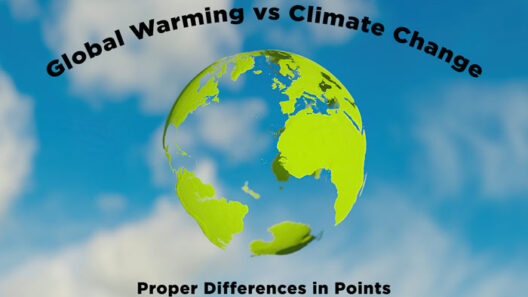Capitalism has long been heralded as a paragon of economic efficiency, innovation, and growth. However, as we grapple with the escalated veracity of climate change, it becomes imperative to scrutinize the intricate relationship between capitalism and environmental degradation. Does capitalism, by its very nature, engender climate change? To unpack this, we must delve deep into the nuances of capitalism and its economic roots, while also investigating the contradictions that may arise within its framework.
At its core, capitalism is predicated on the principles of private ownership of production and the pursuit of profit. This relentless quest for profit drives companies to maximize output and minimize costs, often at the expense of environmental sustainability. The aspiration for perpetual growth—an intrinsic tenet of capitalist economies—creates an insatiable demand for resources. Such exploitation of natural resources invariably leads to environmental degradation. Forests are felled, oceans are overfished, and fossil fuels are extracted without a second thought, as the immediate reward eclipses long-term ecological stability.
Moreover, the capitalist system thrives on consumerism. Contemporary capitalism, bolstered by the era of globalization, not only promotes consumption but actively cultivates it. Corporations employ sophisticated marketing strategies to foster a culture of materialism, leading to overconsumption. The accumulation of goods invariably leads to increased waste and pollution, further exacerbating climate change. The environmental consequences of this consumption-driven economy cannot be ignored; the Earth’s resources are finite, yet the capitalist model incentivizes their exploitation as if they are infinite.
Critics of capitalism often argue that the system’s inherent characteristics create a socio-economic framework resistant to substantial environmental reforms. In capitalist societies, the short-term profit motives often override ethical considerations towards the environment. Corporations prioritize shareholder returns, leading to a myopic view that disregards the long-term ramifications of environmental damage. This culminates in a dystopian reality where ecological preservation competes against short-lived financial gain. As the phrase goes, “The business of America is business”; the fixation on profitability can serve as a blindfold to the looming environmental catastrophe.
However, it is essential to consider whether capitalism is irredeemably antagonistic to sustainability or if reforms are feasible within its structure. The emergence of concepts like “green capitalism” suggests a paradigm shift that intertwines environmental responsibility with capitalist enterprise. Proponents argue that capitalism can adapt to incorporate sustainability through innovation and technological advances. With the rise of renewable energy sources and circular economy models, there exists potential for capitalism to contribute positively to the environment. Nevertheless, these innovations face systemic challenges that can impede widespread adoption.
The dichotomy between environmental stewardship and capitalist enterprise raises critical questions about regulation, accountability, and the role of government. If we accept that capitalism can generate adverse environmental impacts, then robust regulatory frameworks become essential. Governments must impose penalties for pollution, incentivize sustainable practices, and support green technologies. Without regulation, capitalism has a propensity to prioritize profits over planetary health, creating an exacerbated climate crisis.
This leads us to examine the role of externalities in capitalist economies. In standard economic parlance, externalities refer to the unintended consequences of economic activities. Environmental degradation is a classic negative externality where costs are borne by society, rather than the producers responsible for the harm. As it stands, many businesses can exploit natural resources and pollute without accounting for the ecological damage they cause. This disconnect positions capitalism as a driving force behind climate change. To address this, a paradigm shift that internalizes these externalities is essential. The implementation of carbon pricing, for instance, aims to reflect the true cost of carbon emissions, incentivizing companies to reduce their ecological footprint.
Furthermore, it is crucial to confront the intersectionality of capitalism with global inequalities. Climate change disproportionately affects marginalized communities, often those with the least ecological debt. The systemic inequalities embedded in capitalism lead to exploitation, where wealthier nations and corporations exploit resources from poorer countries, exacerbating their vulnerabilities in the face of climate change. This calls for a discourse on environmental justice, emphasizing that the battle against climate change cannot be driven solely by profit motives but must advocate for those on the front lines of environmental degradation and climate impacts.
In conclusion, the question of whether capitalism causes climate change is complex and multifaceted. The undeniable connection between capitalist practices and environmental harm invites scrutiny into how this system operates. While capitalism may inherently align with practices that foster ecological degradation, there exists an opportunity for transformation within its framework. Embracing innovative solutions, instituting regulatory measures, and advocating for global equity are critical steps in ensuring that capitalism does not doom our planet but instead becomes a catalyst for sustainable progress. To navigate the future, it is crucial that we challenge traditional perceptions of capitalism and explore pathways that bridge economic viability with environmental stewardship—ultimately redefining success in terms of both prosperity and planetary health.



